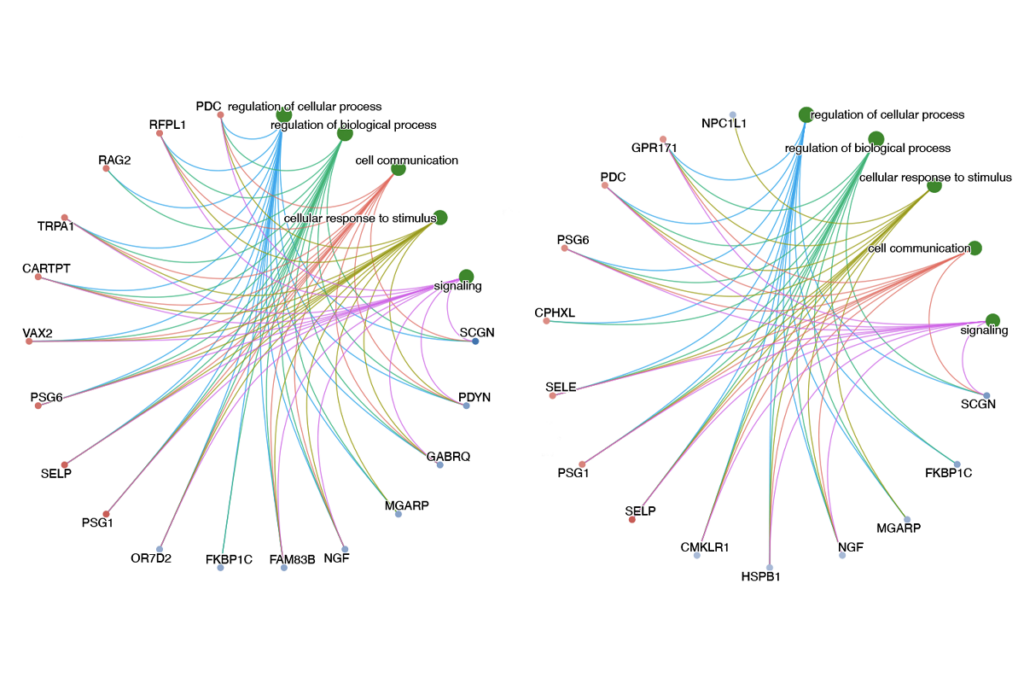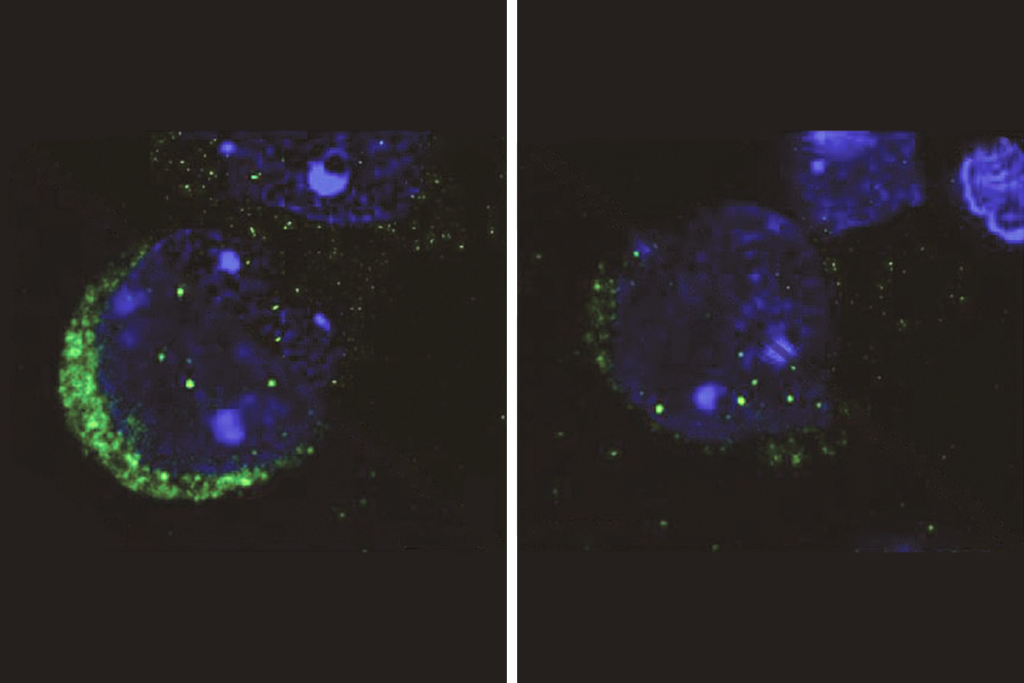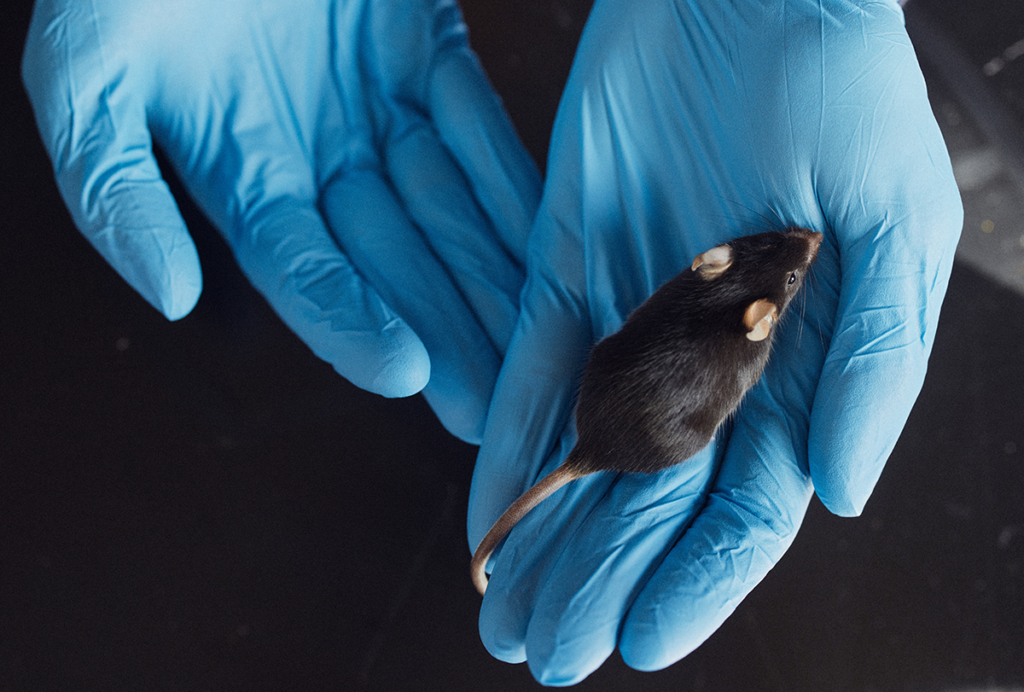
Repository ties mutations to traits in Phelan-McDermid syndrome
A new database details the genetic mutations associated with Phelan-McDermid syndrome, along with the behavioral outcomes of people with those mutations.
A new database details the genetic mutations associated with Phelan-McDermid syndrome, along with the behavioral outcomes of people with those mutations1.
The Phelan-McDermid Syndrome Data Network allows scientists to explore the clinical features that result from a specific deletion, for example, and the prevalence of specific features.
Phelan-McDermid syndrome is caused by a deletion of DNA in a chromosomal region known as 22q13 or a mutation in the gene SHANK3, which is in this region. The deletions can range in length from just one DNA letter to 140 genes, but they almost always affect SHANK3.
Almost everyone with the syndrome has intellectual disability, and roughly three-quarters have autism. The condition is also associated with low muscle tone, regression, developmental delays and unusual facial features.
It is unclear how the various mutations associated with Phelan-McDermid syndrome track with the range of behavioral features. To address this knowledge gap, researchers created the database using the medical records and available genetic information from 623 people with the syndrome and their families.
“It’s how to make the best sense of all the unused data that represents hundreds of thousands of pages of doctors’ documents that are not available,” says co-lead researcher Paul Avillach, assistant professor of pediatrics and biomedical informatics at Harvard University.
The database includes behavioral information from parent- and self-reports for 415 people with the syndrome and observations from clinicians for 112 people. It also has genetic data for 176 people, including the exact size of the deletions and the specific mutations in SHANK3. All three datasets are available for 70 people. To protect privacy, the database does not include any personally identifying information.
The resource was described 1 September in the American Journal of Medical Genetics. The data are freely available to any researcher who obtains approval from the Phelan-McDermid Syndrome Foundation.
References:
- Kothari C. et al. Am. J. Med. Genet. Part B. Epub ahead of print (2017) PubMed
Corrections
An earlier version of this story stated that deletions in Phelan-McDermid syndrome always affect SHANK3. In fact, there are rare instances in which SHANK3 is not involved.
Recommended reading

New tool may help untangle downstream effects of autism-linked genes

NIH neurodevelopmental assessment system now available as iPad app

Molecular changes after MECP2 loss may drive Rett syndrome traits
Explore more from The Transmitter

Organoids and assembloids offer a new window into human brain

Who funds your basic neuroscience research? Help The Transmitter compile a list of funding sources
